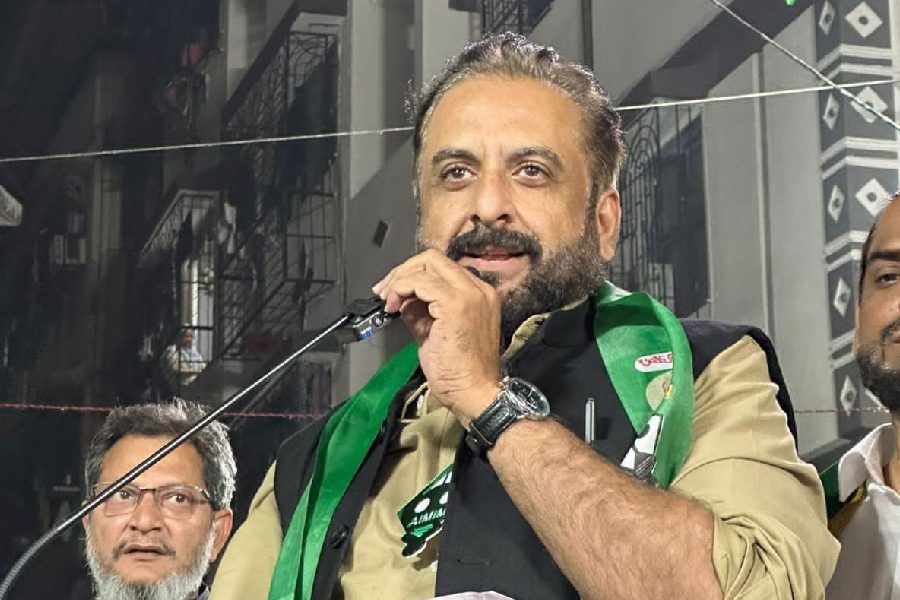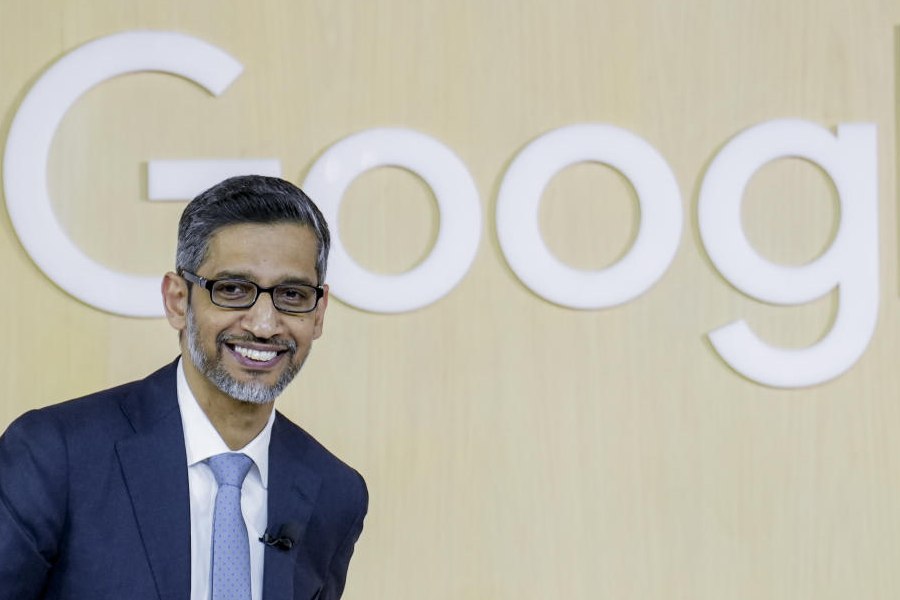|
|
For a country like India it is very difficult to find the right balance in forging relations with the United States of America. The relationship cannot be one of equals because of overwhelming US power. It cannot be based on unequal status either, as that would be politically problematic. There is a lot to be gained in building strong ties with the US, but the “collateral damage” can be significant. As it is the world’s foremost power, the largest market and the most advanced country technologically, for a rising power like India, the relationship with the US cannot be ignored. Habituated to pre-eminence, the US will not cede space without attempting to fit countries in the global system designed and dominated by it. This is euphemistically defined as countries bearing their share of global responsibilities, of becoming responsible stakeholders. This explains the tensions in policies of countries like India towards the US. We want to be close to the US and yet want to keep a distance. We are flattered by the overtures the US makes towards us, but feel unsure about how far we should go in response. If the US offers to help India become a global power, a section of the Indian establishment gets excited, whereas another section fears the likely loss of independence this may entail.
Technology, innovation, investment, management — in all these areas the US connection can bring great benefits, but along with this come demands of change in policies, laws and regulations, as the US tries to impose its own operational and legal models on others. The US private sector is exceedingly dynamic, but it likes to shape the environment it operates in according to its own standards. American academic institutions do a lot of detailed work on policy issues in sectors in which US corporate organizations are interested. Policy recommendations about needed reforms therefore often take the academic route, avoiding the appearance of politically generated pressure. No other country has the range of sectoral interests in India as the US does, or the individual weight to make demands for change and reforms — which is why dealing with it presents diplomatic challenges of an altogether different dimension. Another form of pressure is through US non-governmental organizations that sit in judgment on countries and give score-cards for transparency, corruption levels, religious freedoms, democracy index, openness of economy and so on, constantly putting others on the defensive internationally.
In the defence field, the US can offer some very advanced technologies, but its military sales and transfers are accompanied by end-use monitoring that in many ways infringe the sovereignty of the recipient country. The US can demand such intrusive rights from allies whose defence it is responsible for, but not from independent countries who might make their own decisions on the security issues confronting them. In the Cold War context, tight controls to prevent the flow of sensitive military technologies to the Soviet bloc, or to make certain that military capacities transferred to allies were not used independently of US policies and contrary to its interests, might have made sense. But in today’s scenario, intrusive oversight on US technologies transferred to countries like India, which are not allies, has little justification. The assurance of a responsible sovereign government like India’s that there would be no unauthorized transfers of technologies to third parties and that intellectual property rights would be protected should be enough.
The recent visit of the secretary of State, Hillary Clinton, should be viewed in the context just outlined. The visit was successful in many ways from the US point of view, but the results were mixed for us. The sweetness of success with the US is often laced with the bitterness of a forced concession. The public relations blitz surrounding her visit distracted attention from a hard headed examination of what she said and did not say, and the political intent behind the issues put in the forefront of discussions with us. The atmospherics were excellent, courtesy our fawning media that treated her as a political star, dividing their attention between serious business and trivialities.
We conveyed our agreement to the end-use monitoring agreement — no signing is required — to which the US attached priority, but the logistics support agreement and the communications interoperability and security memorandum of agreement, the other two defence-related agreements that the US has mooted, and about which we continue to have reservations, could not be finalized. Through these agreements the US wants to draw us into a soft alliance to bolster cooperation on regional issues. The US obtained from us the decision to earmark two sites for nuclear reactors supplied by their companies even as critical outstanding issues like reprocessing remain to be finalized, and the US is raising pressure (the fissile material cut-off treaty, the comprehensive test bant treaty), imposing restrictions (enrichment and reprocessing transfers) on us on several nonproliferation issues. On dialogue with Pakistan, Clinton steered the US out of the line of fire as we obliged by commencing the dialogue before she arrived. On climate change, the tough US message has been enveloped in the language of engagement, and what is essentially a multilateral issue is sought to be treated as a bilateral India-US issue, which would be problematic for us. On the sensitive issue of terror, on which the US position is particularly unsatisfactory from our point of view, Clinton got away by being general and evasive and was not put on the mat. She sought to please us with sound bites and avoided displeasing Pakistan by not addressing publicly our specific grievances. The understanding she showed of Pakistan’s inability to bring the perpetrators of the Mumbai attack to justice quickly was unfortunate, especially as the implication was that Pakistan genuinely wants to do so, a proposition that flies in the face of the reality of its conduct.
A new bilateral dialogue architecture has been agreed to, with annual meetings at the level of foreign ministers. The CEO’s forum will be expanded to widen the engagement between entrepreneurs on both sides. There is intent to expand educational cooperation, with encouragement of private sector participation, science and technology collaboration in innovative technologies and so on. These soft areas of our cooperation hold good promise, especially as US corporations recognize India’s human and technological potential. The challenge before India is to leverage US strengths to its advantage without conceding ground on issues of vital interest to us. Decrying the US ideologically would be entirely wrong, just as relying on the US to make us a global power would be fanciful. We should be ready to shake hands with the US but be cautious about embracing it.











